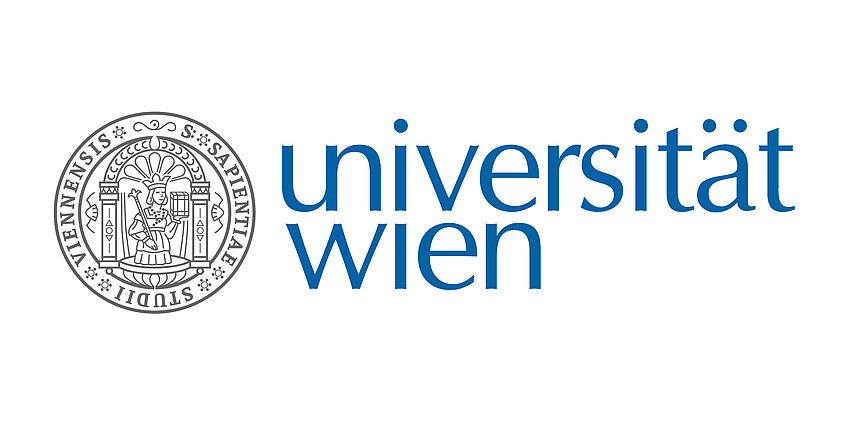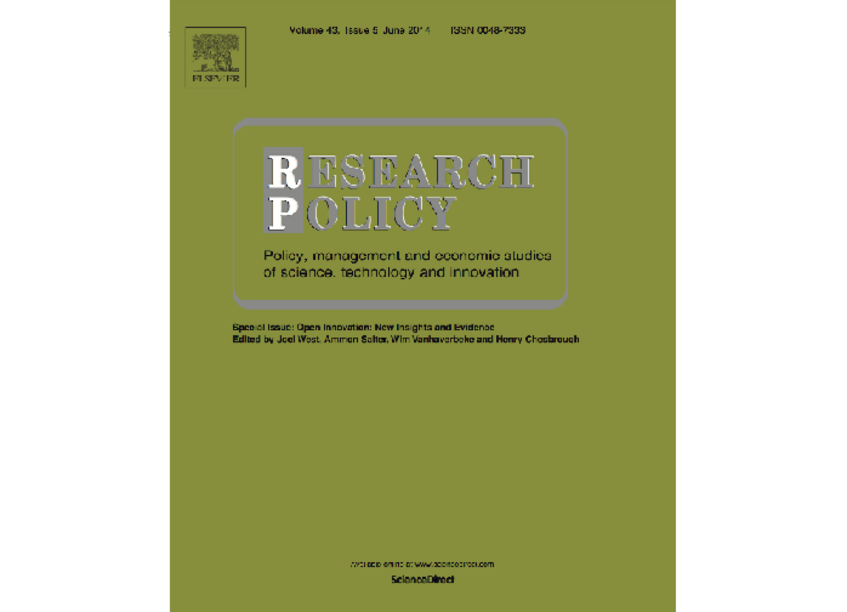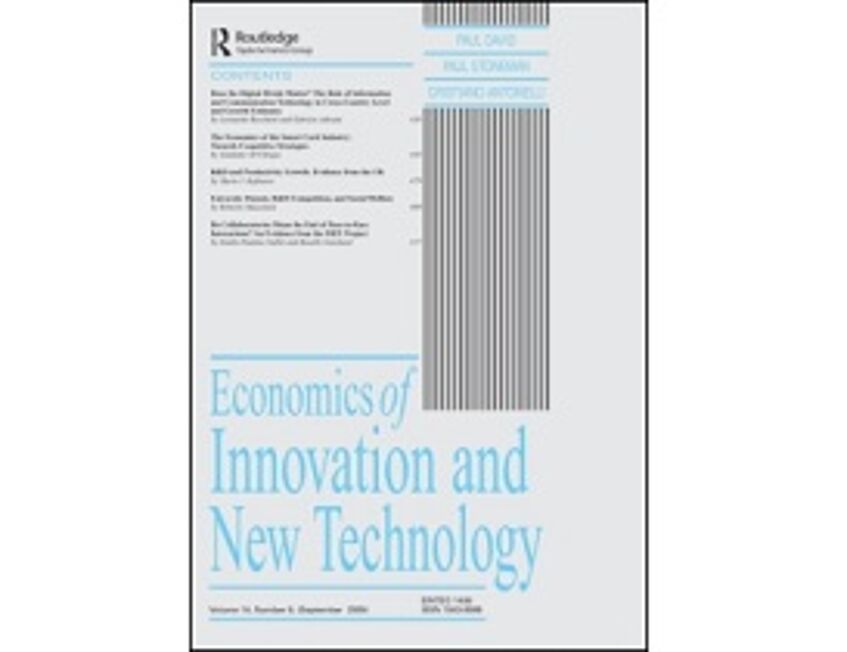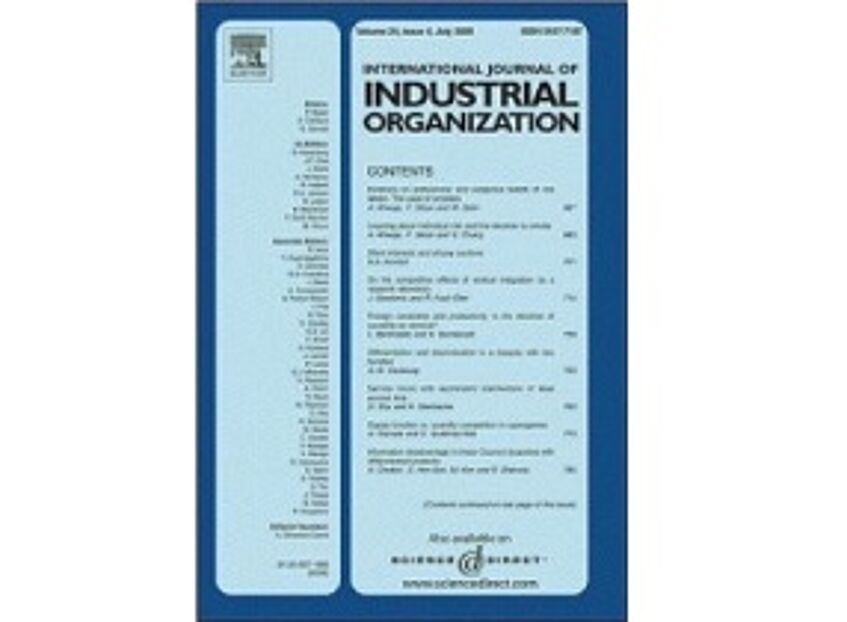Economics and Policy of Innovation
Innovation policy frameworks determine the rules of the game by which high-technology firms interact with one another. By their very nature, many of these regulatory frameworks take a series of assumptions for granted that are largely untested; among them that patentees’ appreciation for intellectual property rises with the technological merit of the protected invention; that accounting standards rather help than hurt in the assessment of corporate intangible assets; that patent offices are at least half-capable of assessing the patentability of new technologies; etc. we have been studying the feasibility of several of these assumptions in a series of papers – and dismissed several of them.
Working Papers

“On the Effectiveness of Novelty and Inventive Step as Patentability Requirements”
Using an original structural model, this paper disentangles the value contributions of "objective technological quality" from other value driving characteristics of a patent in an attempt to show how effective the levers of the patent system are in stimulating R& D.

"Comparing the Value Relevance of R&D Reporting in Germany"
Using German corporate and stock-market data, this paper, co-authored with Fred Ramb, disentangles the true accounting standard specific effects of R& D reporting from spurious endogenous choice effects.
Published/Forthcoming Papers

"Measuring Patent Assessment Quality: Analysing the Degree and Kind of (In)Consistency in Patent Offices' Decision Making"
In this paper, published in Research Policy (2007) and co-authored with Paul Burke, we empirically analyze the decision-making consistency of the European Patent Office in the area of biotechnology in the 1980s in order to shed light on the level of "service quality" provided by the EPO in emerging technological areas.

"The Private Values of Thickets and Fences"
This paper, published in Economics of Innovation and New Technology (2004), examines how bulks of patent rights in discrete and complex technological industries impact on the economic value of the underlying invention.

"Determinants of Oppositions Against EPO Patent Grants"
This paper, published in the International Journal of Industrial Organization (2004) with Dietmar Harhoff, analyzes the characteristic features of the opposition procedure at the European Patent Office.
